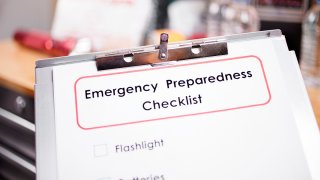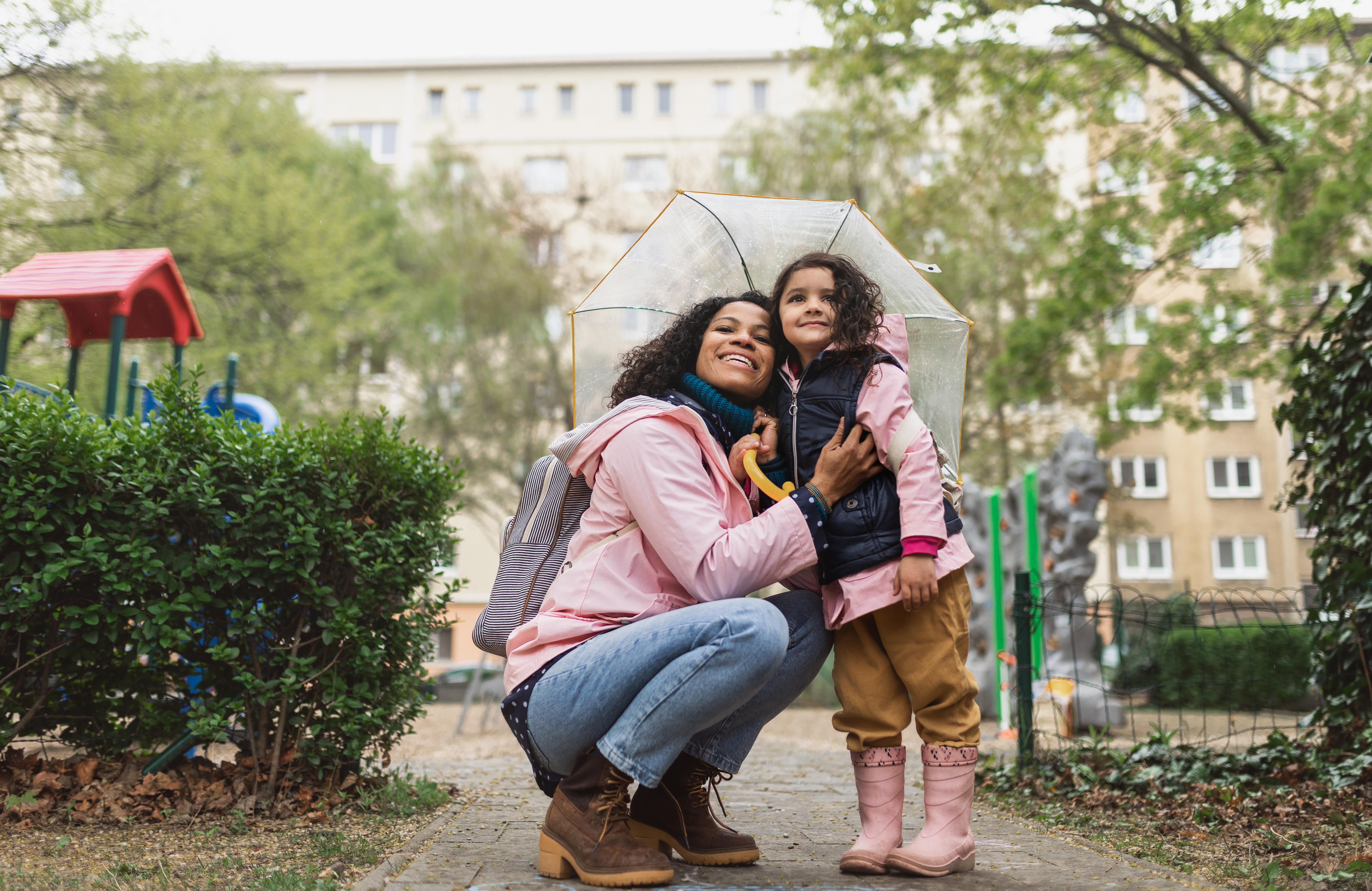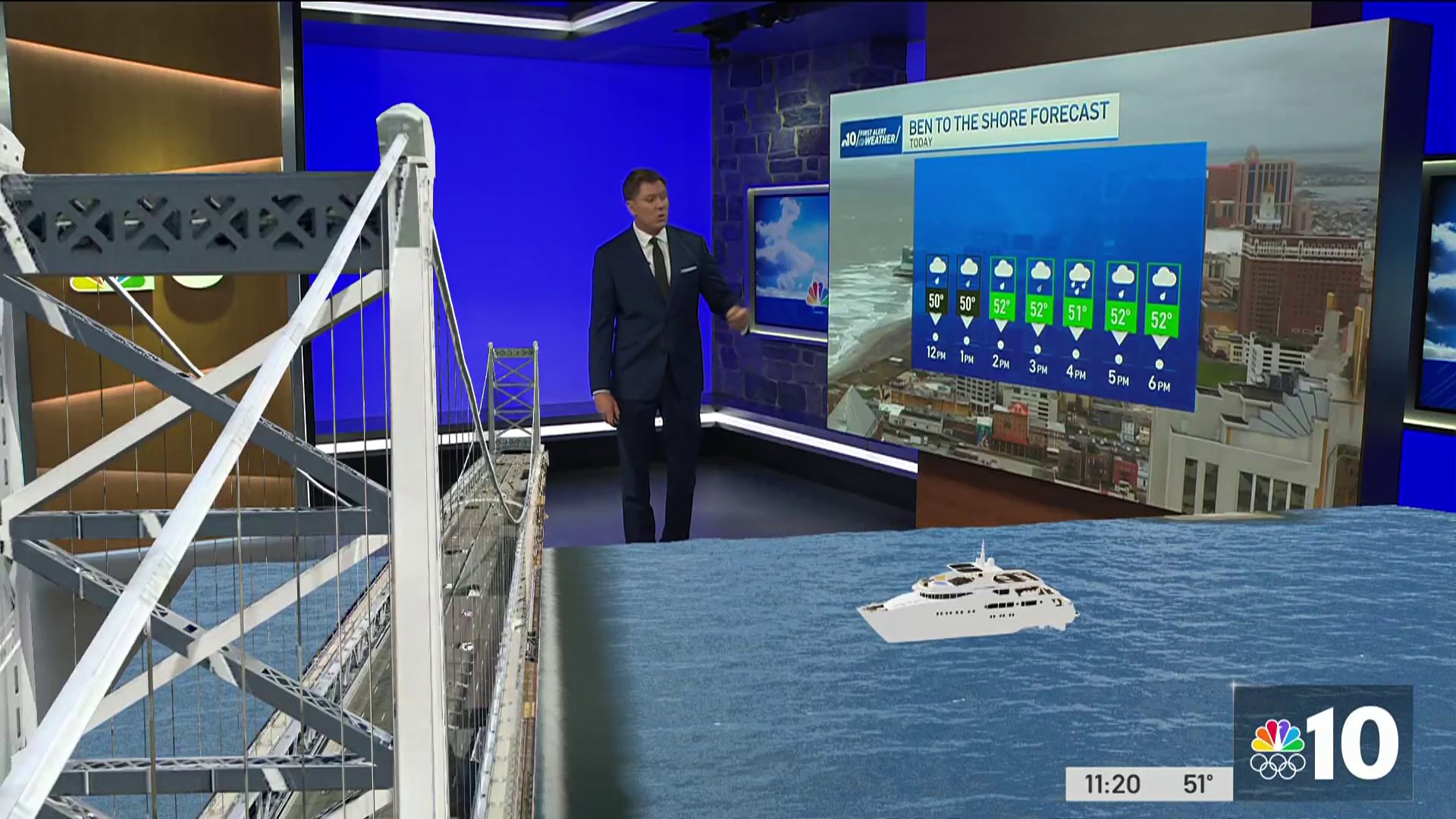
There's never been a hurricane season like this.
The 2020 hurricane season has been in full swing since June 1. It's expected to have more storms than usual, according to NOAA’s Climate Prediction Center. Oh, and we're still in the middle of the coronavirus pandemic.
Now, with all eyes on Hurricane Isaias, the ninth tropical storm so far this season, people in its path are faced with a challenge: preparing for severe weather in this "new normal" scenario.
But because the entire emergency response system is under strain, your own hurricane preparation is even more important this year.
The CDC recommends to give "plenty of time to prepare emergency food, water and medicine supplies. Pay close attention to local guidance about any updated plans for evacuations and shelters in your local community."
Remember, shelter locations and evacuation plans may have changed due to the pandemic.
Checking other social media sites such as Twitter, Facebook or Instagram may also be helpful for quicker updates. (NBC10 posts updates and live coverage to our Twitter and Facebook pages.)
Weather Stories
If you need to evacuate, the CDC and The Red Cross recommend having a "go kit" with items you can't do without in an emergency. Pack simple food, water and medications for at least three days for you and your family. Have flashlights and extra batteries.
Write down any important contact numbers on paper just in case.
Make sure to have all electronic devices charged, and sign up for emergency alerts from your local government. Here's ReadyPA, the State of New Jersey Office of Emergency Management and the Delaware Emergency Management Agency.
Or you can download the NBC10 app, which will send you emergency weather alerts as they are issued and rain alerts for your location.
This coronavirus year, you'll have to also include hand sanitizer, bar or liquid soap, disinfectant wipes and extra face coverings.
Be aware of what hotels, motels and other types of campgrounds are planning to do, as well as what measures they are taking to ensure safety from COVID-19.
If you have pets, it is best to have a a disaster kit for them as well with extra pet food. Find out if your disaster shelter will accept pets. Typically, when shelters accommodate pets, the pets are housed in a separate area from people.
Finally, in times of local or national emergency, don't forget to mask up and check in on your neighbors, especially the elderly.



